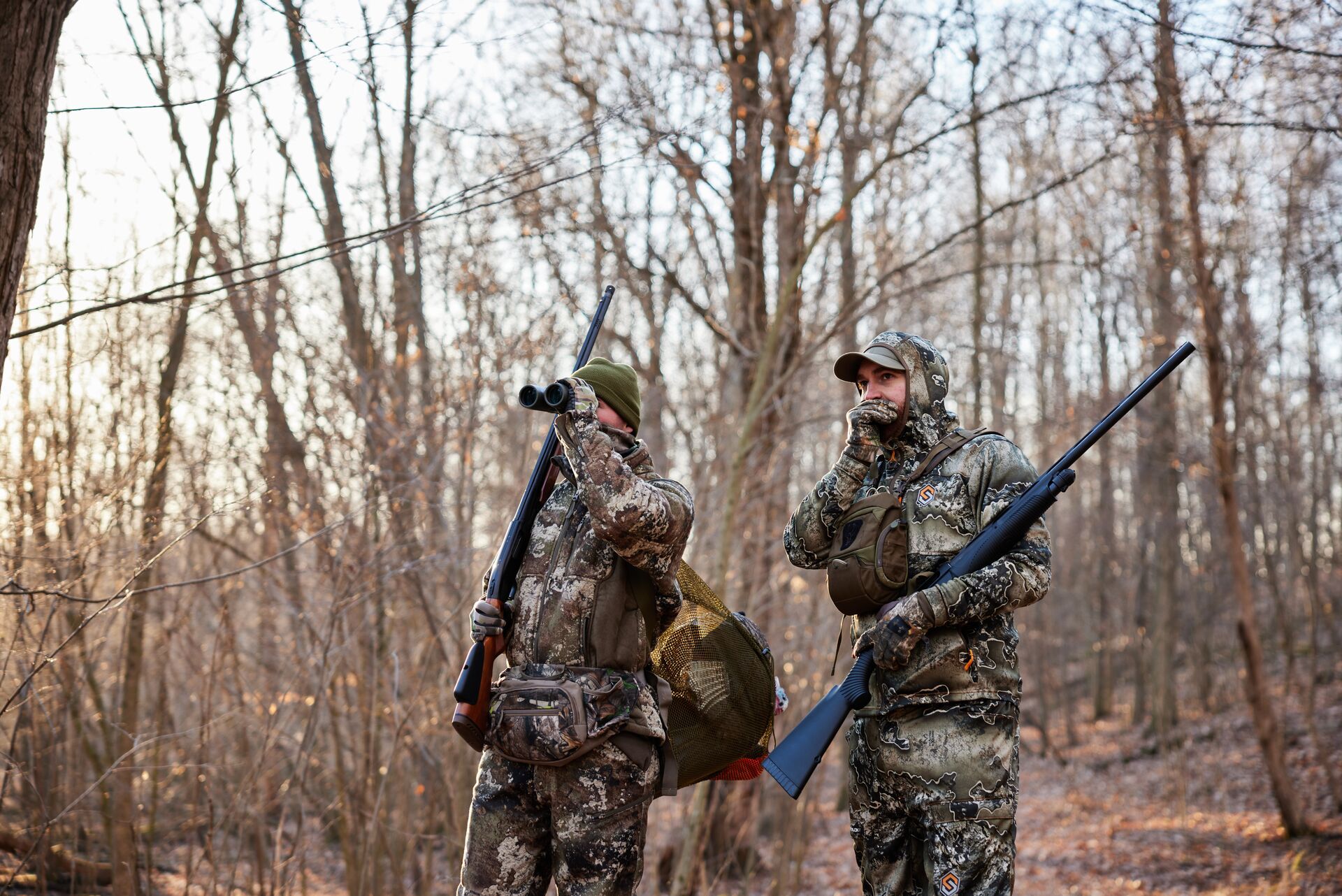The natural state offers everything from waterfowl to world-class deer hunting, turkey, elk, and even alligators, but before you call up your companions, pack your bags, and sight your rifle, you're going to need an Arkansas hunting license.
Here's everything you need to know about licensing requirements in Arkansas and how you can get one.
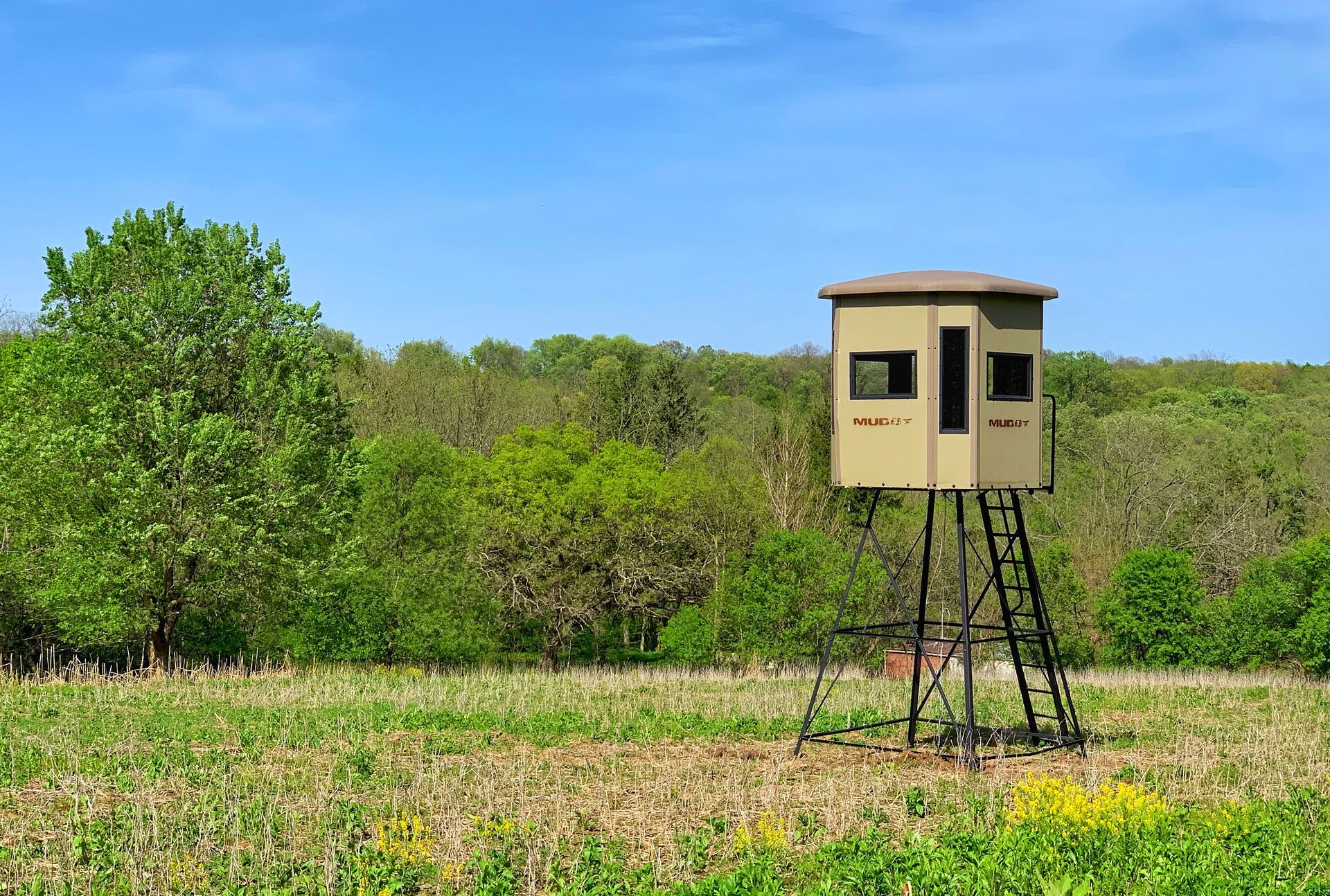
Arkansas Hunting Licenses 101
If you're over 16, you'll need an Arkansas hunting license.
Hunting is a regulated activity that intersects at the point of sport, conservation, and land management, and a hunting license provides you with the legal right to hunt animals in the jurisdiction of the relevant state agency–in this case, the Arkansas Game and Fish Commission.
Therefore, by hunting without a license, you are committing an illegal act and may face fines, jail time, and loss of hunting privileges. You're also engaging in an unethical practice that goes against the conservation and responsibility ethos of what it means to be a hunter.
Why Do I Need a License?
The purpose of a hunting license is to help governing bodies manage wildlife populations and help fund conservation efforts, as your fees go directly toward protecting and enhancing wildlife habitats. Above all, a hunting license proves that you understand hunting regulations and contribute to ethical and responsible practices.
These efforts help maintain a healthy population of game species for years to come and contribute to habitat restoration, species conservation, and other initiatives.
Regulations, Requirements, and How to Apply
Getting your Arkansas hunting license is a multi-step process. Follow the stages below to meet the current Arkansas regulations for obtaining a license:
1. Complete a hunter education course if you were born on or after Jan. 1, 1969.
2. Check your residency status: a resident is a person who has lived in Arkansas for at least 60 days.
3. Choose the correct license type: resident or nonresident, or explore the other licensing options in special categories, such as combination access or a disability option.
Following these steps, you're ready to apply for your license!
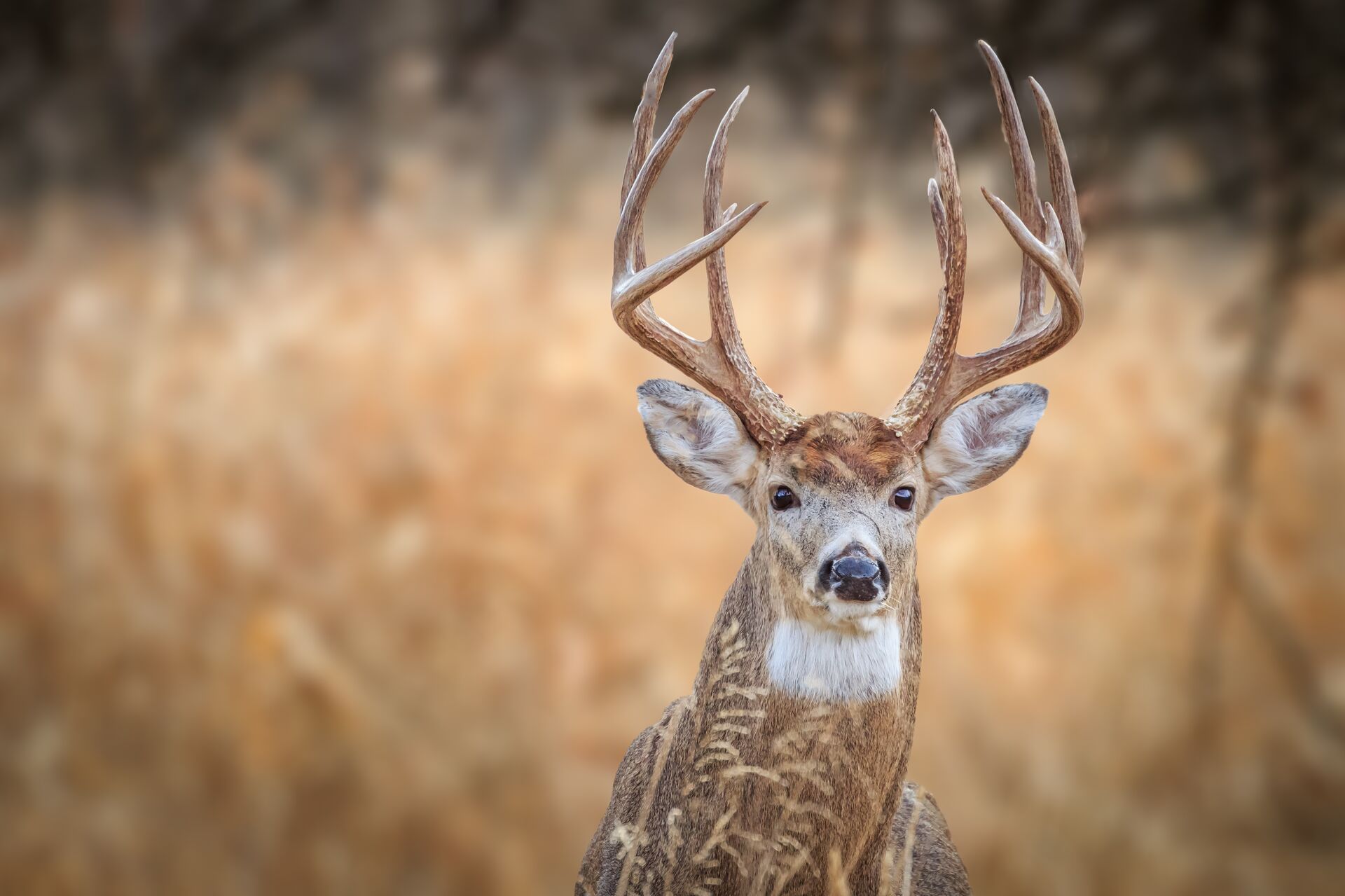
The License Application Process
Make sure you fulfill the criteria above and have your safety course certification. For your license, you'll require the following information:
- First and Last Name
- Address
- Date of Birth
- Social Security Number
- Basic Demographic Information (Gender, Height, Eye Color, Race)
- Driver's License Number (optional)
Then, head to the Arkansas Game and Fish Commission Website and explore the licensing system page. You can filter for hunting type, age, and residency status. You also have the option to go through an authorized dealer or make a phone purchase.
Double-check the options and entitlements, take special note of validity and permit dates, and make your purchase through the official Arkansas Game and Fish Commission webpage, online, by phone, or through a licensed dealer.
Which License Do You Need?
For general hunting, your only consideration will be whether you require a resident or nonresident type, which has a price difference.
Arkansas offers additional licensing options, including senior and military licenses. These special categories come with additional benefits, such as discounts or privileges. It's worth exploring if you qualify for these licenses to enhance your hunting experience.
Seasons and Bag Limits
In the interests of conservation and wildlife population management, the Arkansas Game and Fish Commission allocates seasons based on game type. These dates are subject to change on a year or season-by-season basis, and additional limitations, such as zoning and bag limits, are put in place to ensure healthy population numbers.
Bag limits are an important component of conservation and must be closely followed by all hunters. Whether you're targeting turkeys, ducks, or elk, be sure to check the tagging requirements and limits.
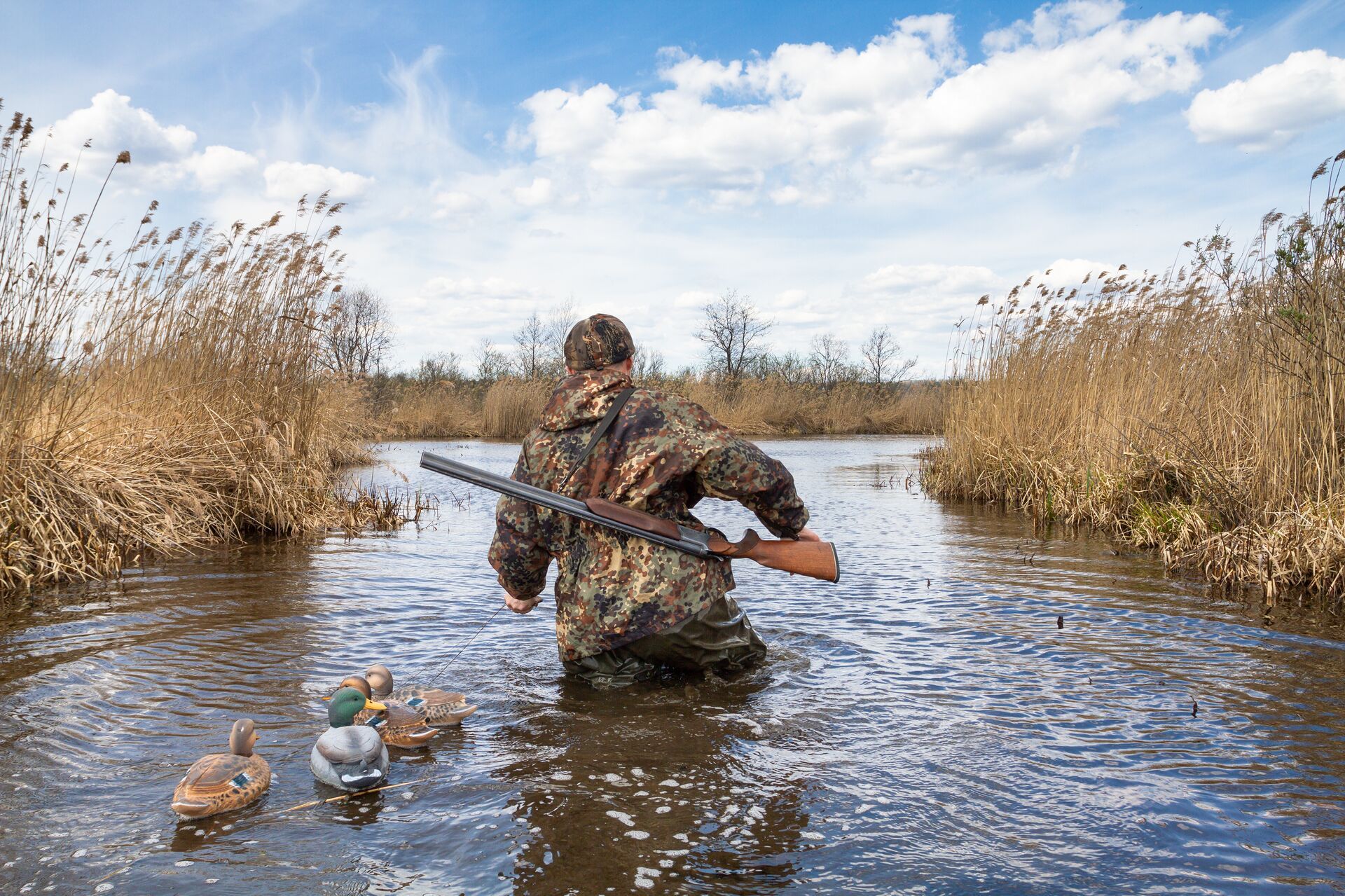
Essential Tips for New Arkansas Hunters
Are you excited for your first Arkansas hunt? We are, too!
Follow these general best practices for a fun, safe, and fruitful season in Arkansas, no matter your target species:
- E-scout and in-person scout the area to gain familiarity and knowledge of the landscape, taking special note of terrain and animal patterns.
- Seek out local knowledge and find a hunting mentor if you're new to the area.
- Don't be afraid to reach out to the game commission to ask for insights and tips.
- Practice gun safety at all times, including taking a gun safety course, being safe when transporting your firearm, and practicing safe handling techniques.
- Leave no trace and have respect for the wildlife. Pack out litter and care for vegetation and the environment.
- Identify your target before shooting, and wear blaze orange as part of your kit.
- Follow guidelines regarding weapon types, caliber requirements, and seasons for different hunting areas and seasons.
Our best tip? For an all-in-one approach to hunting the Arkansas wilderness, use HuntWise.
The app can help you find information about season dates, license information, and regulations. You'll also be able to e-scout potential locations, mark and map different terrain and topographical layouts, and even use the weather features to pinpoint optimal hunting conditions.
Frequently Asked Questions About Arkansas Hunting Licenses
We've covered a lot of information, and here are a few answers to some frequent questions about hunting licenses in Arkansas!
How long is my license valid?
Through the season. Hunters must get a new license each season unless they purchase a lifetime license.
Can I hunt in other states with my license?
No. Other states require licenses specific to their rules and regulations.
What can I hunt with my license?
You can only hunt the game specified in your license type. Make sure you understand the game you're after and purchase the correct license.
How do I carry my license?
You have three options for license carry: paper, electronic, or plastic, as outlined by the AGFC. No matter what you choose, make sure you carry it with you in the field.

Use HuntWise For Arkansas Hunting Licensing, Strategies, Mapping, and More
Suppose you've got your Arkansas license. Congratulations! Now comes the hard work of planning and preparing your hunt so you can tag out this season.
Arkansas offers rich wetlands, vast expansive grasslands, and stunning mountains, providing the trained and prepared hunter with a bounty of game. With your license in hand, make sure you also download the HuntWise App to familiarize yourself with the landscape, mark some hunting hot spots, and even access details of landowners to seek permission to hunt on private land.
We hope you have a successful Arkansas hunting season!
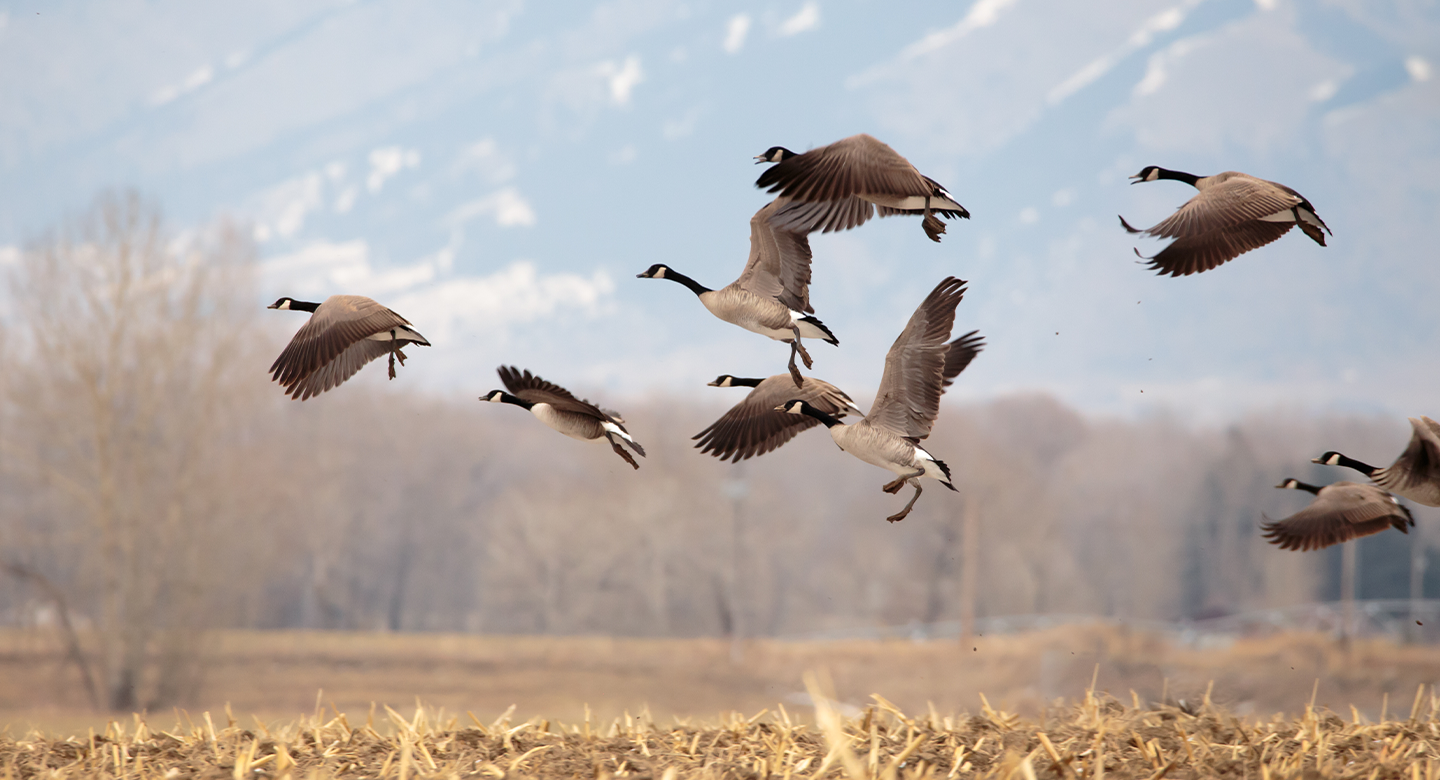 Bear
Bear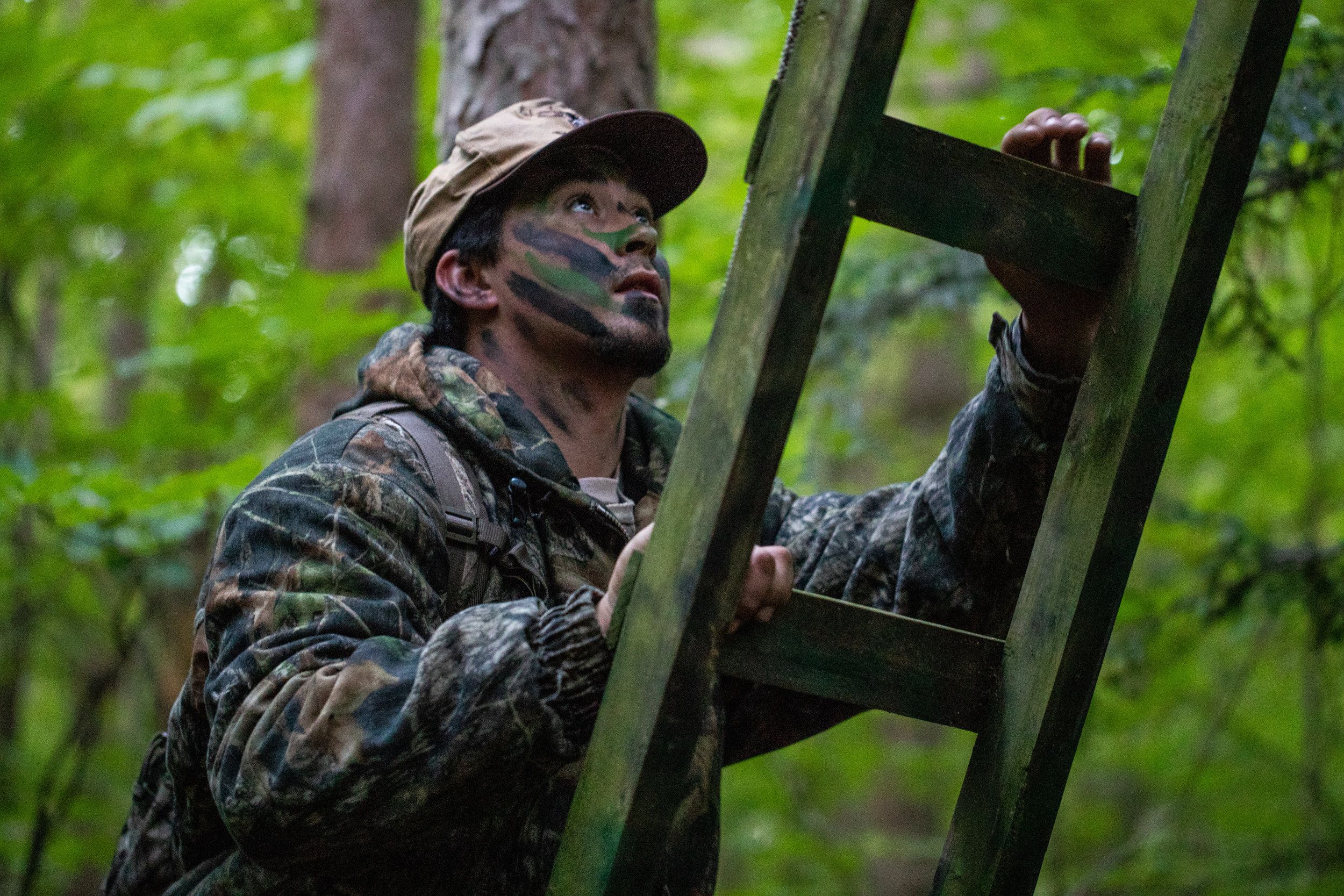 Bear
Bear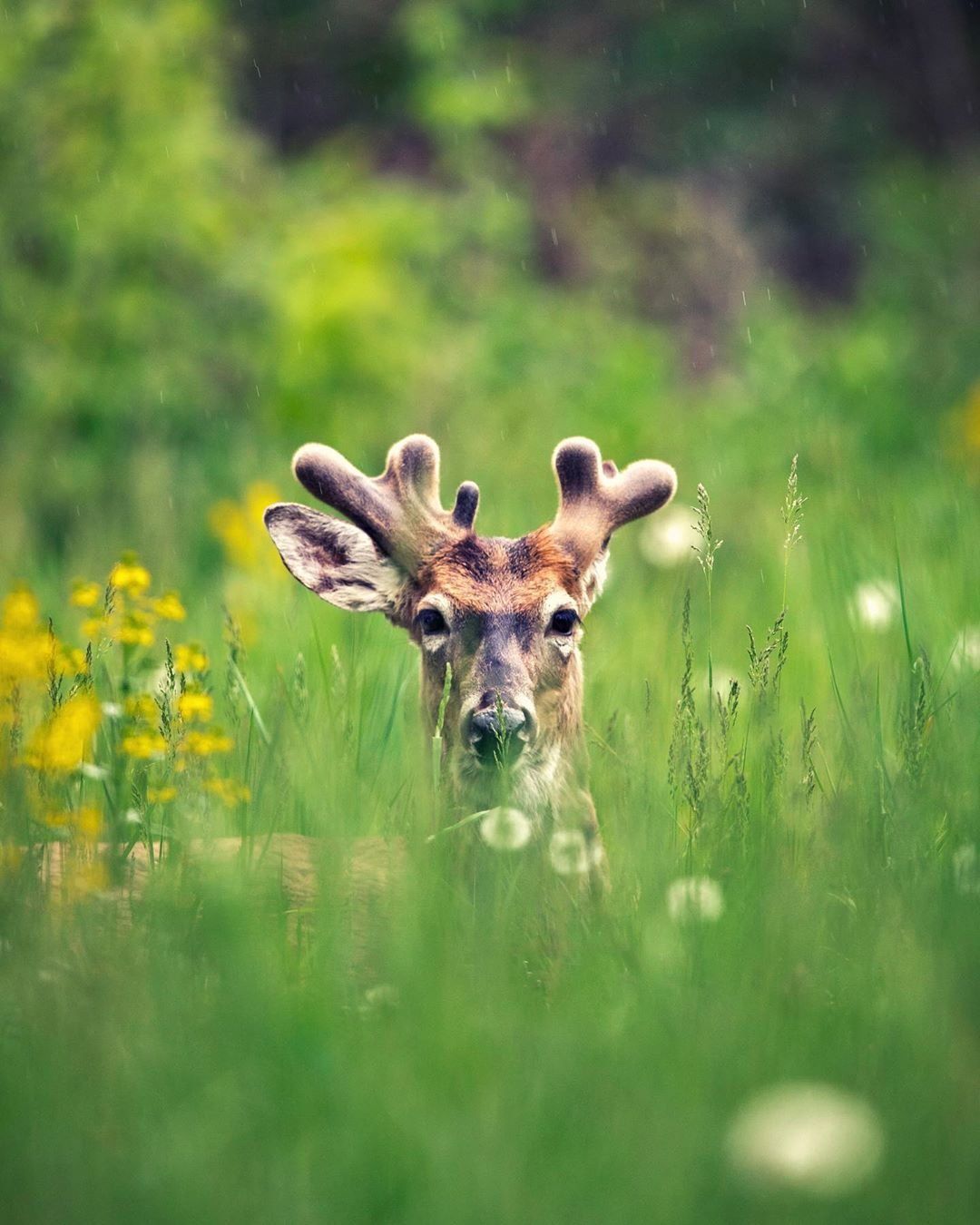 Bear
Bear